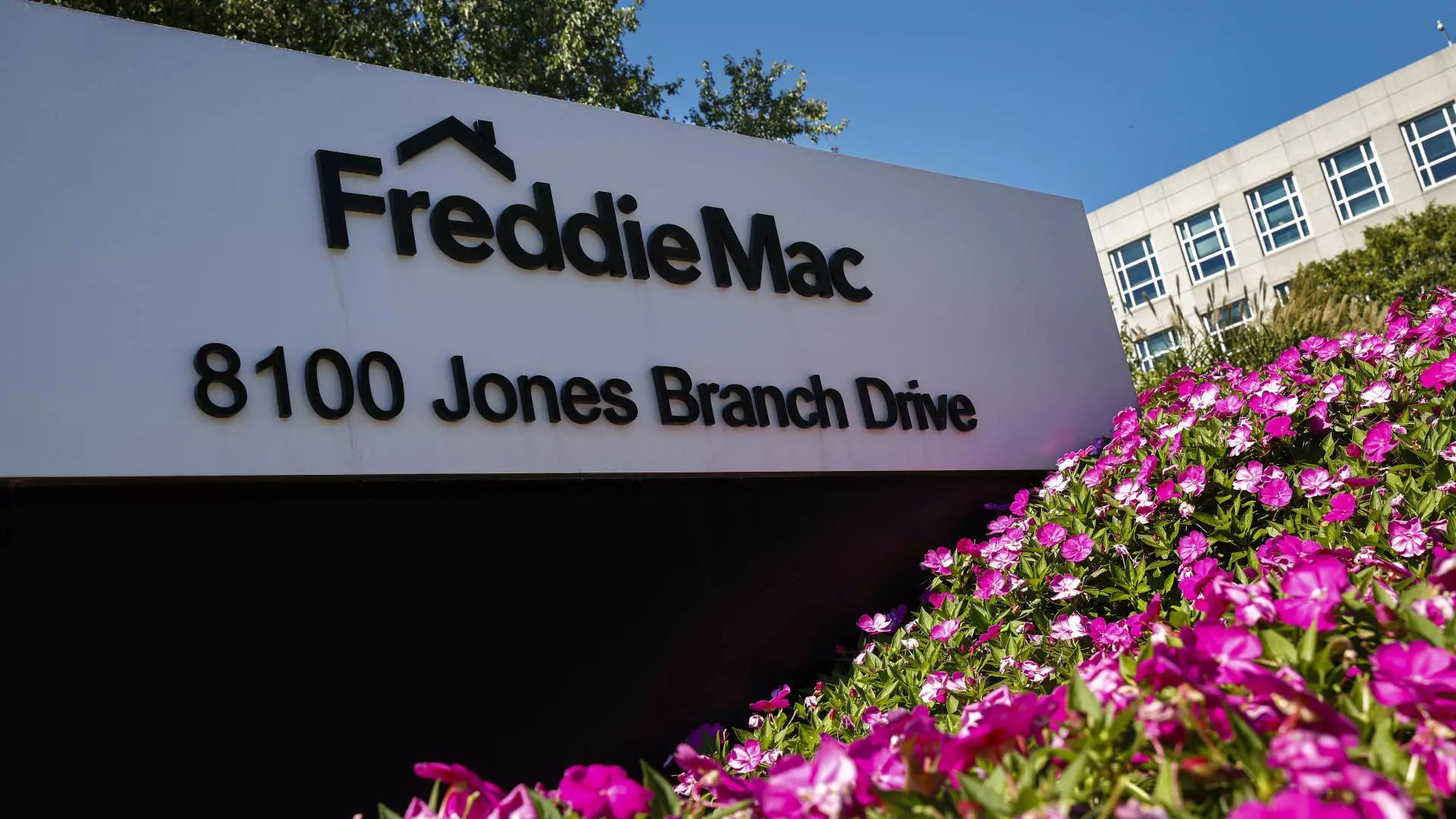The recent decision by the Federal Housing Finance Agency (FHFA) to integrate cryptocurrency into the U.S. mortgage landscape marks a monumental shift in the financial paradigm. This directive allows Fannie Mae and Freddie Mac to assess digital currencies as viable assets for single-family mortgages. In an era where financial innovation often meets resistance, this bold move signals the undeniable evolution of finance in America. It’s not just an adaptation; it represents a crucial step toward dismantling archaic systems that have long excluded burgeoning assets from mainstream financial consideration.
Challenging Traditional Underwriting Norms
For years, the financial establishment brushed off cryptocurrencies, labeling them as unstable and untrustworthy. However, the FHFA’s directive illustrates a willingness to reassess these traditional perspectives. The reluctance to recognize cryptocurrency has stifled potential growth, denying many the opportunity to leverage their digital assets for home loans. By permitting the consideration of cryptocurrencies without mandating conversion to fiat, the directive opens the floodgates for countless Americans who have invested in digital currencies to participate in home ownership without liquidating their assets at a loss.
Aligning with a Progressive Financial Vision
As FHFA Director William J. Pulte noted, this directive resonates with a vision of positioning the U.S. as the global leader in crypto innovation, a notion echoed by former President Donald Trump. This strategic alignment fosters an environment where innovation can thrive, contradicting the traditionalist mindset that often prioritizes stability over opportunity. The potential for cryptocurrencies to serve as robust assets in financial portfolios shouldn’t only be acknowledged; it should be embraced as essential to building a forward-thinking economy.
Market Volatility: The New Reality
While critics may argue that integrating crypto into mortgage assessments poses significant risks due to its notorious volatility, the reality is that financial markets have always been unpredictable. The directive’s stipulation that only cryptocurrencies from regulated exchanges be considered for mortgage qualifications serves as a safeguard against excessive risk. Moreover, the requirement for Fannie Mae and Freddie Mac to implement internal volatility adjustments demonstrates a prudent approach to this integration, ensuring that traditional underwriting standards remain intact while adapting to new realities.
A Beacon of Opportunity for All Americans
This change represents more than just an innovation in mortgage lending; it symbolizes a commitment to inclusivity in the financial sector. By acknowledging cryptocurrency as a legitimate asset, the FHFA is democratizing wealth-building opportunities for a broader demographic. It’s the America dream—home ownership—redefined for a digital age. Millions of cryptocurrency investors can now see their portfolios not merely as speculative ventures but as tangible stepping stones toward achieving their homeownership goals.
While the integration of cryptocurrency into traditional mortgage assessments may stimulate debate, the implications of this directive are far-reaching and transformative. It’s an undeniable advancement that could provide immense benefits, not only to potential homebuyers but also to the overall financial ecosystem. The question remains: are we ready to embrace this new financial frontier?


Leave a Reply